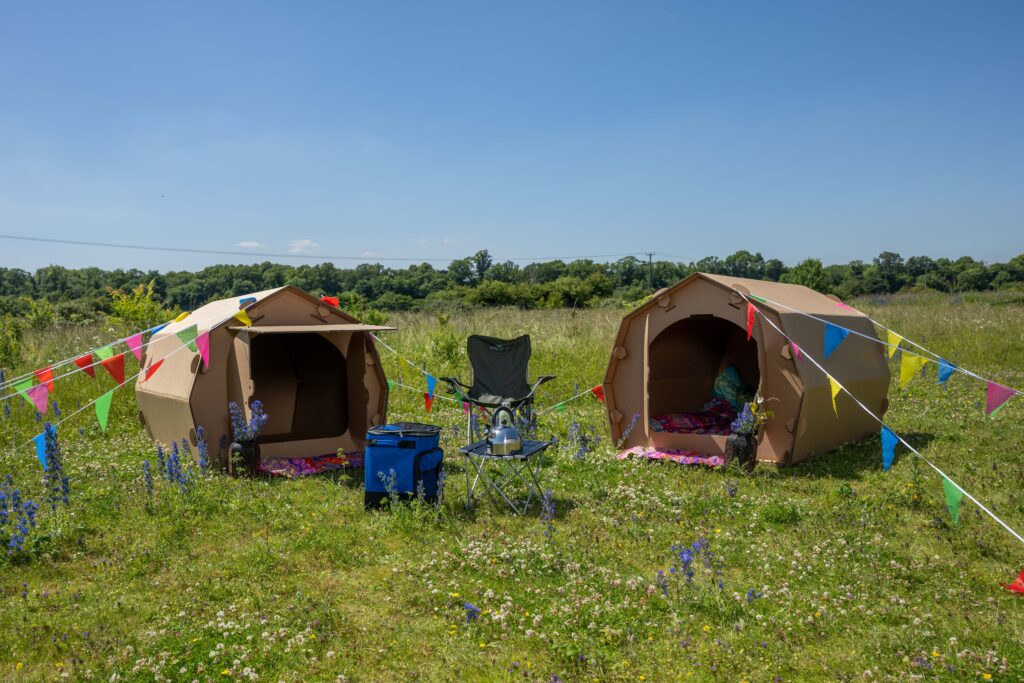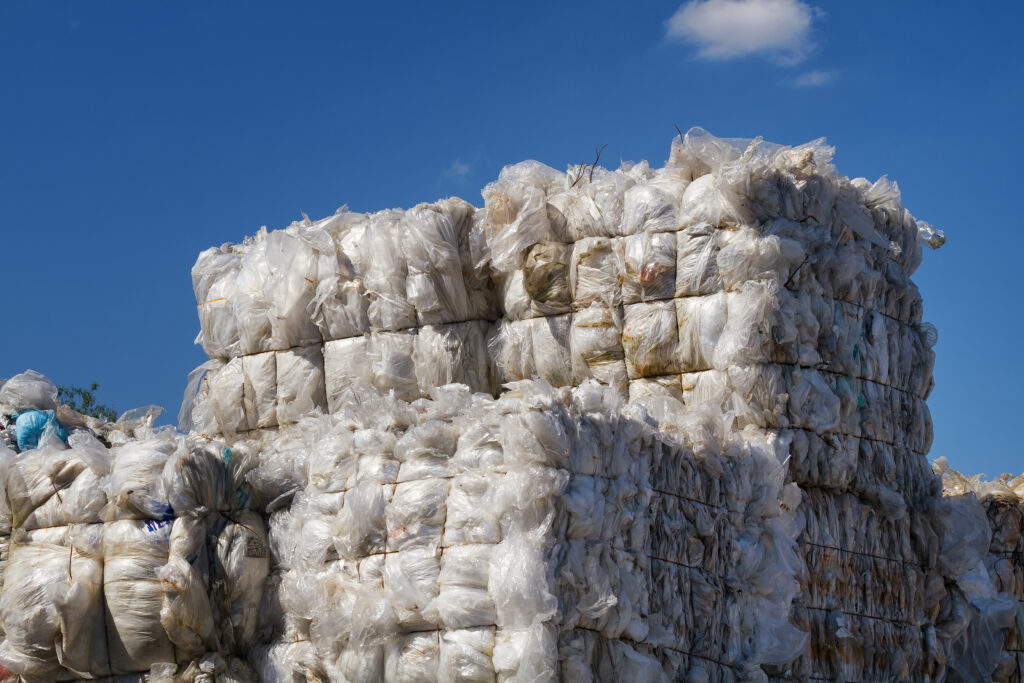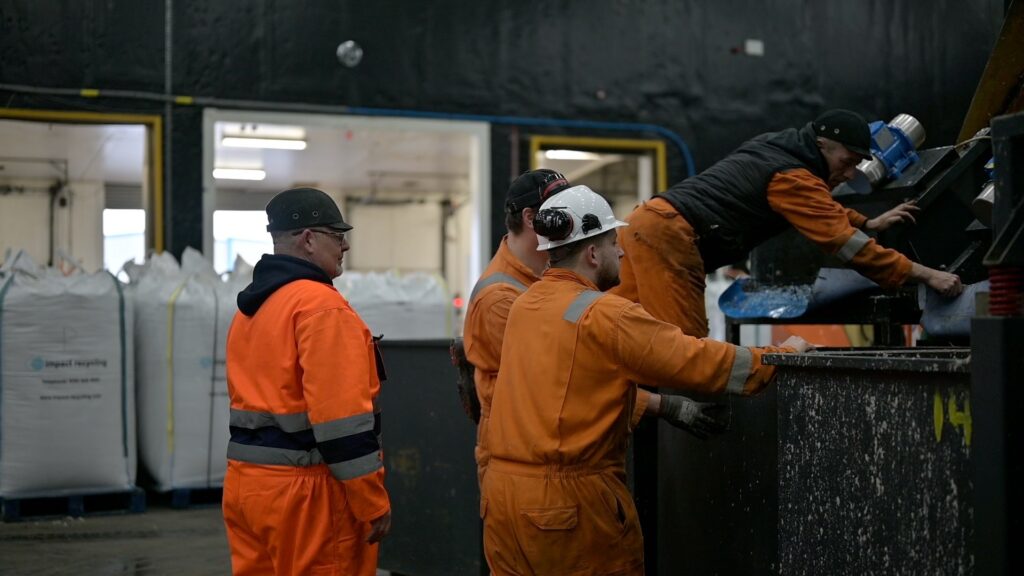DS Smith reported that tests on the cardboard tent proved that it could withstand four weeks outside in the winter, block out light, and is warm when it’s cold and cooler when it’s hot.
Research from the company stated that polyester tents are a “single-use plastic that everyone is overlooking”, as the study showed 52% of people are likely to buy a tent and use it for one event.
DS Smith’s research estimated that 250,000 tents of polymer-based nylon or polyester are abandoned every year, contributing to around 900 tonnes of waste.
Tayla Evans, managing director and founder of EnviroTent, said: “The UK festival scene is amazing. But it’s also an annual source of single-use plastic pollution, and increasingly, that is something people feel rightly uncomfortable about. Festivals should be guilt-free and fun. I would love festival organisers to think really carefully about how we can help festival goers avoid tent trash – that is what EnviroTents is all about.”
According to the report, 18% of adults thought tents were the “worst single-use plastic item” for the environment. However, the study revealed that 19% of tent owners never considered the environmental impact of tents.
Litter
Paul Clarke, managing director for the UK and Ireland packaging division at DS Smith, said: “Festivals are at the heart of British summertime, but we’ve all seen the shocking images of their aftermath; abandoned polyester tents as far as the eye can see. Most people may not know that the tents they buy are very hard to recycle and end up as litter, in landfills, and can lurk in the ground for up to 200 years.
“We are used to replacing plastic from supermarket shelves but in creating cardboard tents, we’re talking about something completely different – we shifted the way we thought about design in order to protect a person, not a product. When we met Tayla, we knew that cardboard could have a different and really important role to play in replacing plastic and reducing tent trash, and we are really excited about the difference we can make together so people can create less waste and have a guilt-free festival.”








Subscribe for free